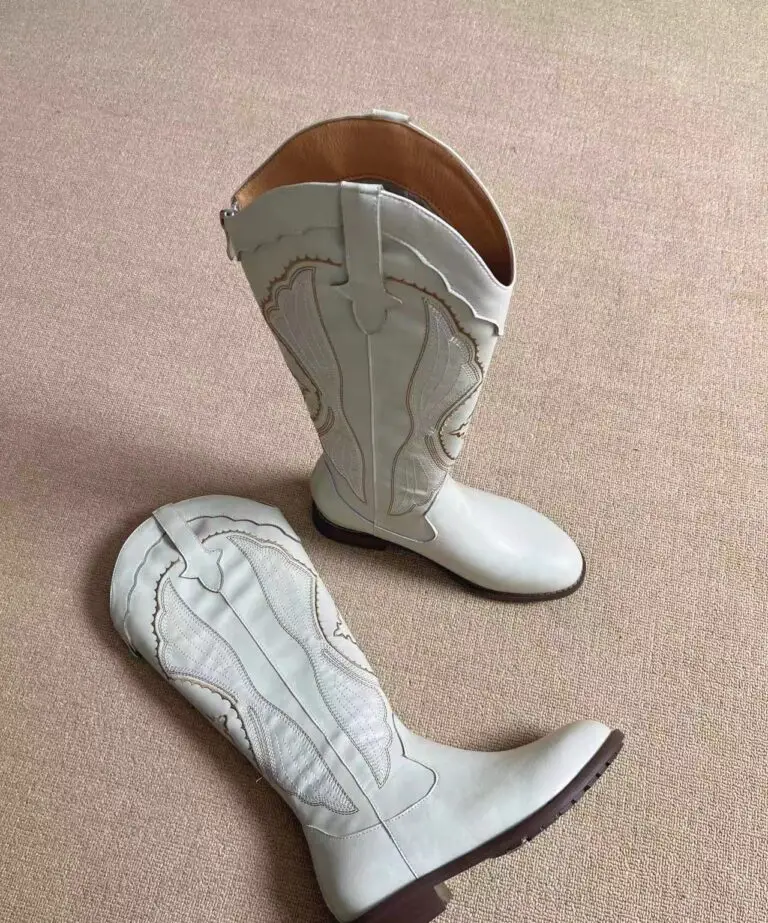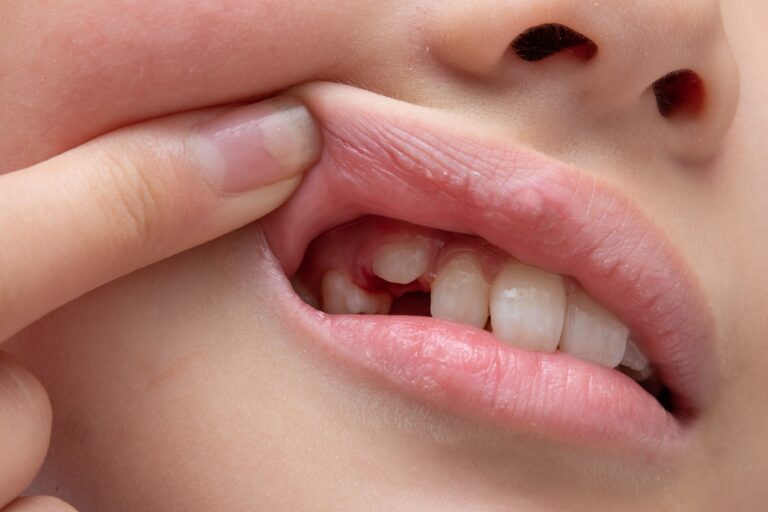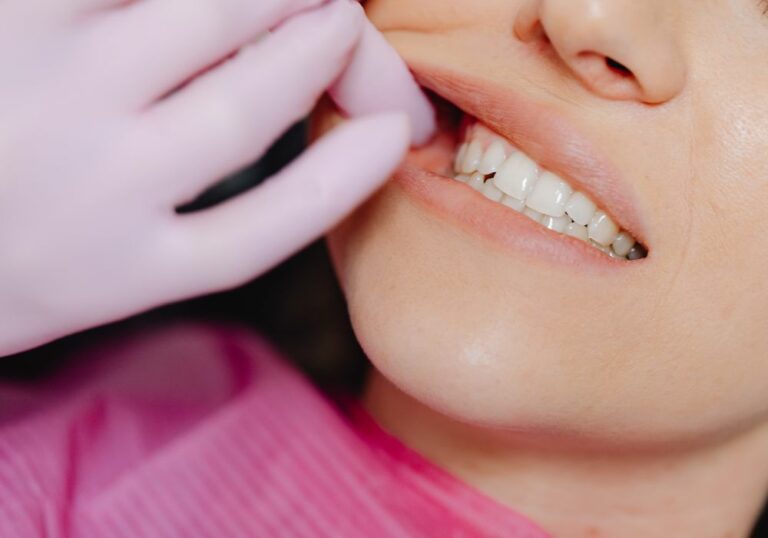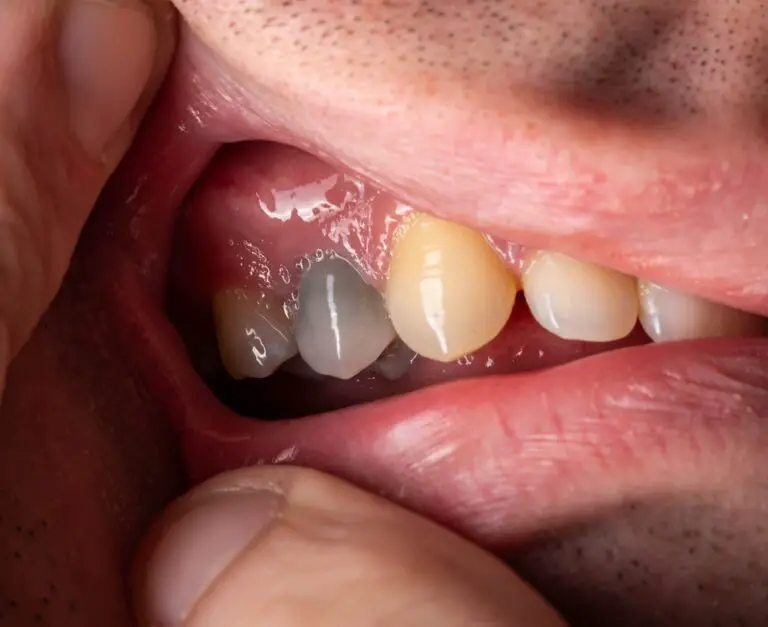Alcohol consumption can have a significant impact on your overall health, including your dental health. Heavy drinking can lead to a range of dental issues, from tooth decay to gum disease. If you’re an alcoholic, it’s important to understand how alcohol affects your teeth and take steps to protect your dental health.
One of the primary ways that alcohol can damage your teeth is through dehydration. Alcohol is a diuretic, which means it causes your body to lose fluids. This can lead to dry mouth, a condition in which your mouth doesn’t produce enough saliva. Saliva plays an important role in protecting your teeth by neutralizing acids and washing away food particles and bacteria. Without enough saliva, your teeth are more vulnerable to decay and other dental problems. Additionally, alcohol can lower your immune system, making it harder for your body to fight off infections in your mouth.
Understanding Alcoholism

Alcoholism, also known as alcohol use disorder (AUD), is a chronic disease characterized by the compulsive and uncontrollable consumption of alcohol. It is a progressive illness that can have devastating effects on an individual’s physical, mental, and emotional health.
If you are struggling with alcoholism, it is important to understand that it is not a personal failing or a lack of willpower. It is a disease that requires professional treatment and support. Alcoholism can affect anyone, regardless of age, gender, race, or socioeconomic status.
There are several risk factors that can increase your likelihood of developing alcoholism. These include genetics, family history, social and environmental factors, and mental health conditions such as anxiety and depression.
Alcoholism can have a wide range of negative effects on your overall health, including your teeth and oral health. Chronic alcohol abuse can lead to a variety of dental problems, such as tooth decay, gum disease, and tooth loss.
It is important to seek professional help if you are struggling with alcoholism. Treatment options may include therapy, support groups, medication, and inpatient or outpatient rehabilitation programs. With the right treatment and support, recovery from alcoholism is possible.
Immediate Effects of Alcohol on Teeth
When you consume alcohol, it can have an immediate impact on your teeth. Here are some of the immediate effects of alcohol on teeth:
- Dry Mouth: Alcohol can cause dehydration, which can lead to a dry mouth. A dry mouth can cause bad breath, tooth decay, and gum disease. Saliva helps to neutralize acids in the mouth and wash away food particles and bacteria. When there is not enough saliva, these particles and bacteria can stick to your teeth and cause damage.
- Acidic Drinks: Many alcoholic drinks are acidic and can erode your tooth enamel. When your enamel is damaged, it can lead to tooth sensitivity, discoloration, and even tooth decay. Some of the most acidic alcoholic drinks include wine, beer, and cider.
- Sugar Content: Alcoholic drinks can be high in sugar, which can also damage your teeth. Sugar feeds the bacteria in your mouth, which produce acids that can erode your tooth enamel. Some alcoholic drinks, such as sweet cocktails, can contain as much sugar as a can of soda.
- Chewing Ice: If you chew ice in your drinks, it can cause tooth damage. Alcohol can numb your mouth, making it harder to feel the coldness of the ice. This can cause you to bite down harder on the ice, which can break your teeth.
- Citrus Additions: Adding citrus to your alcoholic drinks can also damage your teeth. Citrus fruits are acidic and can erode your tooth enamel. If you add citrus to your drinks, try to drink through a straw to minimize contact with your teeth.
Overall, alcohol can have a negative impact on your oral health. It is important to drink in moderation and practice good oral hygiene to protect your teeth and gums.
Long-Term Effects of Alcohol on Teeth

Alcohol can have a long-term impact on your dental health. Here are some of the ways alcohol can affect your teeth:
Tooth Decay
Drinking alcohol can increase your risk of developing tooth decay. Alcohol can dry out your mouth, reducing saliva flow, which can lead to an increase in bacteria and plaque buildup. This can cause cavities to form on your teeth, which can lead to tooth decay.
Gum Disease
Alcohol can also increase your risk of developing gum disease. Drinking alcohol can cause the soft tissue in your mouth to erode, increasing the risk of gum disease. Gum disease causes the gum tissue to erode from the tooth, creating a situation where the teeth are no longer properly protected or supported. This can lead to tooth loss and other dental problems.
Tooth Discoloration
Drinking alcohol can also cause tooth discoloration. Alcohol can stain your teeth, making them appear yellow or brown. This can be especially noticeable if you drink red wine or dark-colored liquor. Over time, the discoloration can become more pronounced, and it can be difficult to remove with regular brushing and flossing.
To minimize the impact of alcohol on your dental health, it’s important to drink in moderation and practice good oral hygiene. This includes brushing your teeth twice a day, flossing regularly, and visiting your dentist for regular cleanings and checkups.
Alcohol and Oral Cancer
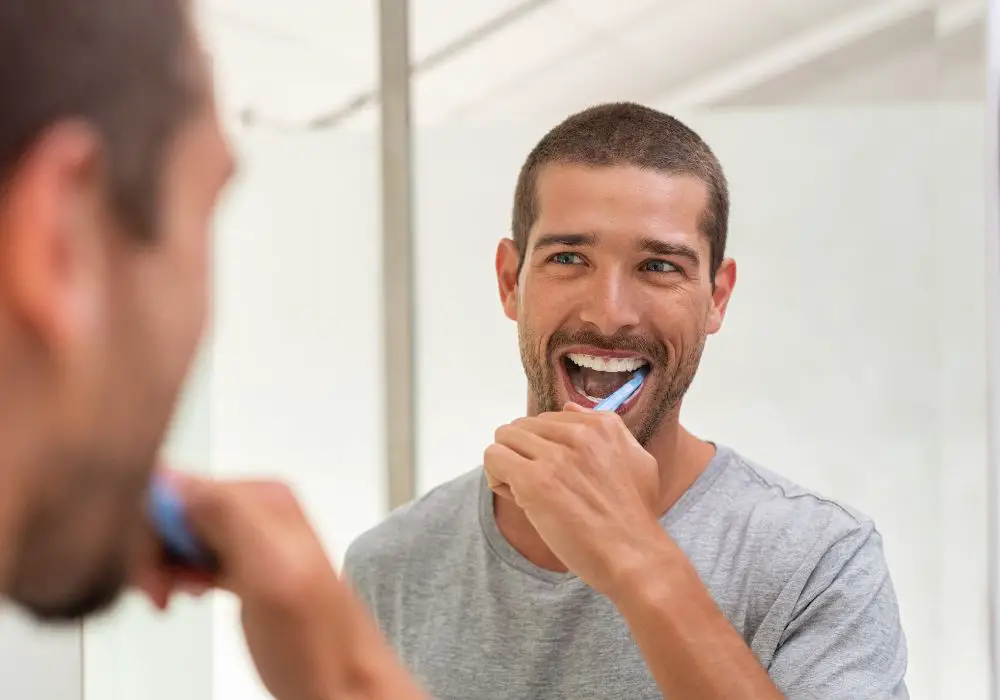
Alcohol consumption is a risk factor for oral cancer. According to the National Cancer Institute, people who drink alcohol regularly over time have a higher risk of developing alcohol-associated cancers. Alcohol consumption can cause cellular changes in the mouth and throat that increase the risk of cancer.
Patients with cirrhosis, a liver disease often caused by excessive alcohol consumption, may develop a smooth, glossy appearance to the tissues of the throat and mouth. This may be caused by liver-induced cellular changes such as increased cytoplasmic acetaldehyde content.
If you have been treated for oral cancer, it is important to talk to your healthcare provider about follow-up examinations. Approximately one-third of people treated for oral cancer develop new cancer. Regular check-ups can help detect any new or recurring cancer early, improving the chances of successful treatment.
While alcohol-containing mouthwashes are generally considered safe, long-term use of these products may be associated with a slightly increased risk of mouth cancer. It is recommended to use these mouthwashes no more than twice a day and for no longer than 35 years.
Overall, excessive alcohol consumption can have serious consequences for your oral health, including an increased risk of oral cancer. If you are concerned about your alcohol consumption, it is important to talk to your healthcare provider or a mental health professional. They can help you develop a plan to reduce your alcohol intake and improve your overall health.
Impact on Oral Hygiene Habits
Alcohol abuse can have a significant impact on your oral hygiene habits. When you are under the influence of alcohol, you may find it challenging to make rational decisions and good choices. This can lead to poor oral hygiene habits, such as forgetting to brush and floss regularly.
Additionally, alcohol consumption can increase your cravings for starchy and sugary foods, which can contribute to tooth decay and gum disease. Smoking is also a common habit among those who abuse alcohol, which can lead to bad breath, stained teeth, and an increased risk of oral cancer.
Furthermore, alcoholic drinks are often acidic or high in sugar, which can erode your tooth enamel and lead to tooth sensitivity. Alcohol can also lead to dehydration, which can cause dry mouth. A lack of saliva can make it easier for bacteria to grow in your mouth, leading to cavities and gum disease.
To maintain good oral hygiene habits, it is essential to limit your alcohol consumption and practice good oral hygiene habits. Brush your teeth twice a day with fluoride toothpaste, floss daily, and use mouthwash to kill bacteria and freshen your breath. Drink plenty of water to stay hydrated and avoid sugary and acidic drinks that can damage your teeth.
In summary, alcohol abuse can have a severe impact on your oral hygiene habits, leading to poor dental health and an increased risk of tooth decay, gum disease, and oral cancer. It is crucial to practice good oral hygiene habits and limit your alcohol consumption to maintain healthy teeth and gums.
Reversing the Damage
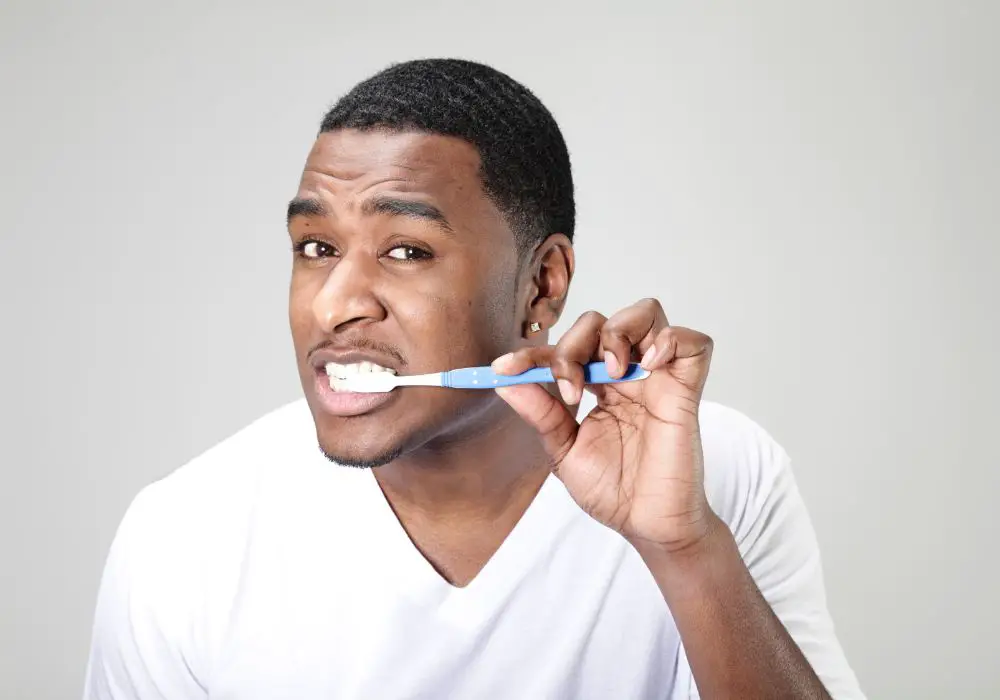
If you have been struggling with alcohol addiction, chances are that your teeth have suffered as well. The good news is that many of the dental problems caused by alcohol abuse can be reversed with proper care and treatment.
Professional Dental Care
The first step in reversing the damage caused by alcohol abuse is to seek professional dental care. Your dentist can assess the extent of the damage and recommend the appropriate treatment options.
Some of the common dental problems caused by alcohol abuse include tooth decay, gum disease, and tooth loss. Depending on the severity of the damage, your dentist may recommend one or more of the following treatments:
- Fillings or crowns to repair damaged teeth
- Root canal therapy to save a badly infected or damaged tooth
- Periodontal therapy to treat gum disease
- Dental implants or bridges to replace missing teeth
Home Care Tips
In addition to seeking professional dental care, there are several things you can do at home to help reverse the damage caused by alcohol abuse:
- Brush and floss regularly – Brush your teeth at least twice a day and floss at least once a day to remove plaque and bacteria from your teeth and gums.
- Use fluoride toothpaste – Fluoride toothpaste can help strengthen your tooth enamel and protect against tooth decay.
- Limit sugary and acidic foods and drinks – Sugary and acidic foods and drinks can erode your tooth enamel and contribute to tooth decay.
- Quit smoking – Smoking can increase your risk of gum disease and tooth loss.
- Drink plenty of water – Drinking water can help rinse away food particles and bacteria from your teeth and gums.
By following these home care tips and seeking professional dental care, you can help reverse the damage caused by alcohol abuse and improve your oral health.
Frequently Asked Questions
How does alcohol consumption affect dental health?
Alcohol consumption can have negative effects on dental health. Drinking alcohol can lead to dry mouth, which reduces saliva production and increases the risk of tooth decay and gum disease. Alcohol also contains high levels of sugar and acidity, which can break down the enamel that protects your teeth, leading to cavities and long-term tooth decay. Additionally, alcohol abuse can cause poor oral hygiene habits, leading to further dental problems.
Can alcohol cause tooth decay and gum disease?
Yes, alcohol can cause tooth decay and gum disease. Alcohol contains high levels of sugar and acidity, which can break down the enamel that protects your teeth, leading to cavities and long-term tooth decay. Additionally, alcohol abuse can cause poor oral hygiene habits, leading to further dental problems. Drinking alcohol can also lead to dry mouth, which reduces saliva production and increases the risk of gum disease.
What are the oral manifestations of alcoholism?
Alcoholism can have several oral manifestations, including dry mouth, bad breath, oral cancer, tooth decay and erosion, and gum disease. Additionally, alcohol abuse can cause poor oral hygiene habits, leading to further dental problems.
What are the short-term effects of alcohol on the mouth?
The short-term effects of alcohol on the mouth include dry mouth, bad breath, and changes in taste perception. Drinking alcohol can also cause irritation and inflammation of the gums, which can make them more susceptible to infection.
Can a dentist detect alcoholism during a check-up?
While a dentist cannot definitively diagnose alcoholism, they may be able to detect signs of alcohol abuse during a check-up. Signs of alcohol abuse that a dentist may notice include dry mouth, tooth decay and erosion, and gum disease.
Is alcohol in mouthwash harmful to teeth?
Alcohol in mouthwash can be harmful to teeth if used excessively. Alcohol can cause dry mouth, which reduces saliva production and increases the risk of tooth decay and gum disease. However, when used as directed, mouthwash is generally safe and can help improve oral hygiene.

